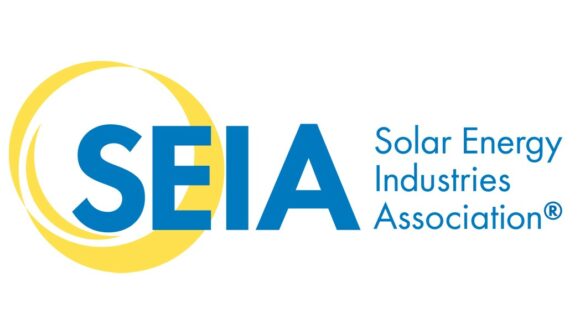Forbes Article – Making Sense of ESG: A Primer on Social Corporate Responsibility
by George Strobel
References to concepts like ESG, impact investing, social responsibility, carbon footprint initiatives, sustainable investing, climate change, green or sustainable funds and other related concepts are at every turn now in the business media. Collectively, these can be referred to as “do good” precepts. This is not a new development. It’s been ongoing for the past 20-30 years.
Whether or not you believe in climate change, sustainable renewable energy — which is cheaper in many cases and cleaner than fossil fuels — makes sense. Urging corporations to be mindful of the impacts they have on the communities they operate in is not a bad thing. While Europe is 20 years ahead of the U.S. in the integration of these concepts in standard business mantra, attention to these concepts in the U.S. is accelerating. But the new focus is on more than just climate change. What are these concepts, and how are they affecting business?
ESG
Today, it is standard for a public company to have an ESG report, a sustainability report or perhaps a social impact report included in a U.S. public company’s annual report. So first, let us briefly discuss many of these more popular concepts. ESG stands for “environmental, social and governance,” and it generally represents the most broadly applicable factors for evaluating the stewardship of a business.
The “environmenal” part of ESG examines how the business is operated in a sustainable manner from a global ecological perspective. This would clearly include attention to mitigating the business’s carbon footprint and other global warming concerns, such as energy consumption, energy efficiencies and sustainability of the materials it uses, and its manufacturing and business processes. It would also include issues like water quality, waste removal and processing, etc.
The “social” prong of ESG relates to the overall social impact, both internally and externally, of the business and its products in the communities it serves. Does it have policies to combat discrimination of employees based on sex, gender, religion, age or any other relevant basis? Does it have programs or spend money assisting the communities in which it operates and serves with preventative health programs, medical assistance, basic educational assistance or similar programs? In other words, are the communities in which the business operates otherwise enhanced aside from the jobs and taxes created by the business?
The “G” part of ESG stands for “governance.” This prong entails several things. For instance, is the decision-making process of the business open and straightforward? In times of crisis, does the company hold back information, or is it open with the public? Does the voting regime of the company reflect the economic rights of its shareholders?
Related Concepts
Read more on the related concepts and lack of standards here.
Related Posts

Monarch Private Capital and WEDI Partner to Support a New Home for West Side Bazaar
Jul 19, 2022
Buffalo’s West Side Bazaar, a program of the Westminster Economic Development Initiative (WEDI), secured Historic and New Markets Tax Credit equity from Monarch Private Capital with which to invest in […]

National Solar Trade Association Expands Board of Directors at Pivotal Moment for Solar Industry
Jun 29, 2022
WASHINGTON, D.C. — Four companies, CEP Renewables, Kiewit Energy Group, Monarch Private Capital, and Moss & Associates, are joining the board of directors of the Solar Energy Industries Association (SEIA). […]

ESG Investing: Where it is Now; Where it’s Headed; What to Do
Jun 13, 2022
Published by Michael Novogradac on Wednesday, June 1, 2022 The expanding awareness and interest in ESG–environmental, social and governance–investing could lead to a seismic increase in investor demand for community development tax incentives, […]